Despite the widespread condemnation of the ultimatum given to the Igbos to leave the north, the spokesman of the Northern Elders Forum (NEF) argues that the groups behind the issuance of this quit notice were in order.
Ango Abdullahi made reference to the support Nnamdi Kanu had received from Igbo elite. “This is somebody who has been agitating for the breakup of Nigeria but his people were behind him, therefore, I am behind the youths’’, the retired professor argued.
Professor Abdullahi also used this opportunity to reaffirm the notion that the south was developed with resources from the north.
He called the Biafra agitator’s bluff. He asked anyone who didn’t find Nigeria conducive to live in to leave.
Advertisement
Unfortunately, the retired professor played into the hands of cynics who have been suspicious of the patriotic gestures displayed by all the northern leaders who condemned this quit notice. Cynics who couldn’t support their arguments that these groups had powerful sponsors in the north now have points to make their arguments. (Some members of NEF have openly disagreed with Abdullahi, the group’s spokesman, and argued that he spoke for himself.)
These cynics have asked why these youths, who gave this quit notice to the Igbos, haven’t been arrested despite the calls for their arrest from prominent northerners. Sadly, cynics argue that Professor Abdullahi might not really be in the minority.
Though these ill feelings look trivial at this point, it is no different from the scenario that played out before Nigeria’s civil war.
Advertisement
Just as the current cry of marginalisation in the south east is being allowed to persist, Ojukwu’s thesis, in 1967, that “the ordinate ambition of the Hausa-Fulani oligarchy to continue to dominate the whole of what was formally the federation of Nigeria and [their] unrealistic desire to acquire the wealth and resources of Biafra, while rejecting their people,” was allowed to fly without being addressed sufficiently at the federal level.
Probably, current actions of Buhari’s government have been misinterpreted in the manner the January 1966 coup — which was the main precursor to the civil war — was interpreted. It was mistakenly interpreted as an Igbo coup and a deliberate plot to remove northern heavyweights from government, since many northerners and westerners were killed in the coup.
Many historians argue that the January 1966 coup was aimed at fostering a strong, corruption-free and prosperous country after the virtual breakdown of law and order in the period preceding the coup. There were widespread irregularities in elections in the regions in 1965.
Unfortunately, because of Aguiyi Ironsi’s inability to manage the sensibilities of the northerners after this coup, a riot broke out in May 1966, which resulted in the mass killing of Igbos in the north. And in July 1966 a revenge coup broke. Ironsi and other senior easterners were killed in this coup.
Advertisement
So, when Ojukwu and his eastern parliament referred to the 1945, 1953 massacre of the Igbos – where thousands of Igbos were killed, and the travail then while declaring independence for Biafra, many Igbos had sufficient reasons to believe him.
The level of faith the Igbos had in Ojukwu was seen in the number of Igbos willing to be recruited into the Biafran army. Many university students were eager to join the army. And easterners who had returned back from Lagos with military skills were happy to train other Igbo soldiers.
And just as many Igbos have not really thought about the feasibility of an independent state of Biafra in this century, many Biafrans went into war with the Nigerian army in 1967. It was evident, even to Biafra, that the Nigerian army was better equipped and funded. But their minds were made up: they wanted to leave Nigeria.
Similar mindset exists in Nigeria today. Granted, things have changed. We are no longer in 1967. The likelihood of violence might be slim, but it still exists.
Advertisement
Some groups are already threatening to boycott the 2019 elections. Should such happen, it would mean that a part of the country would not recognize the elected government in 2019. This is recipe for disaster.
Nigeria’s problem still remains its failure to manage its ethnic diversity. Nigeria has to find a social contract which will be acceptable to all ethnic groups. There is no need pretending that the fracture lines between ethnic groups are thin.
Advertisement
2 comments


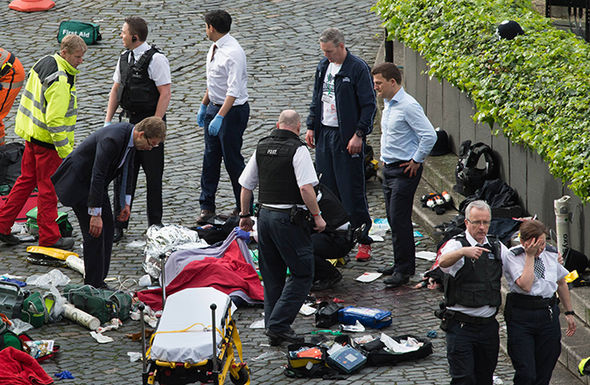
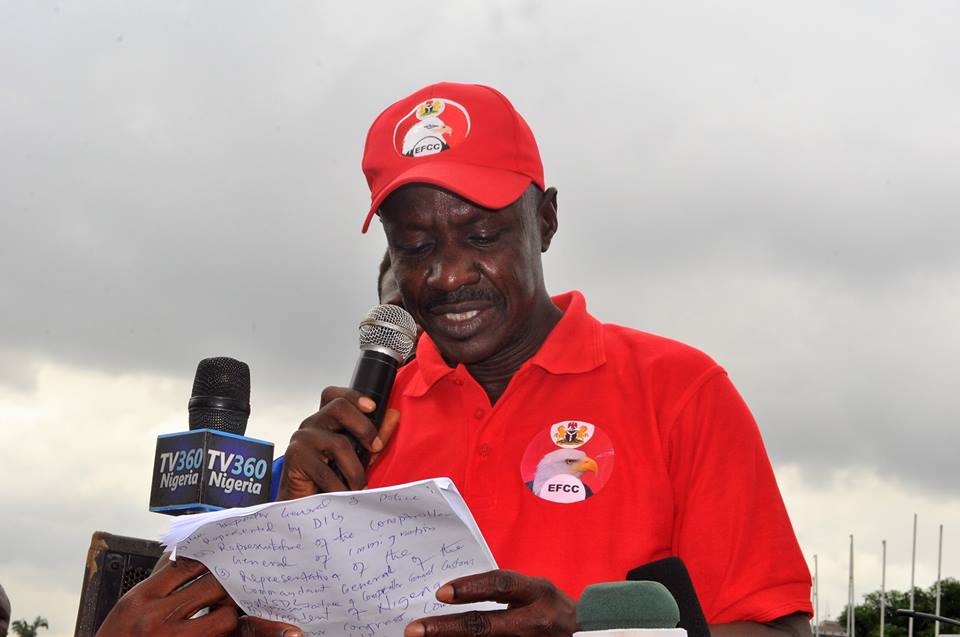
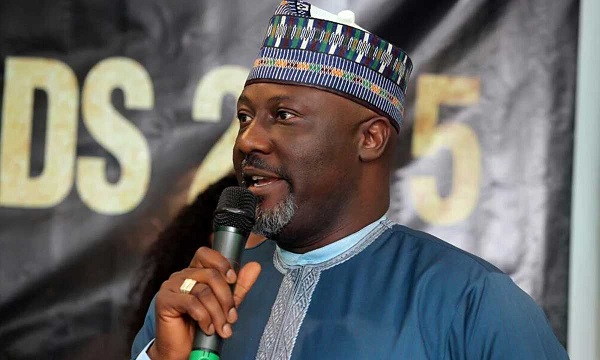
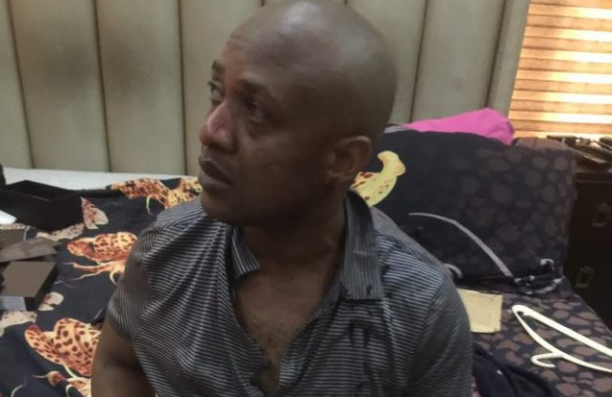

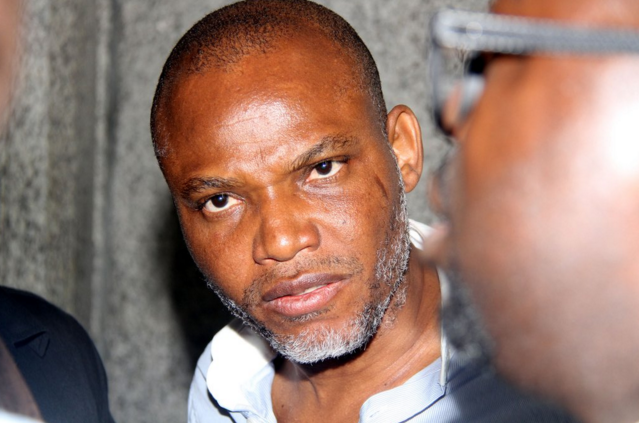
It’s becoming evidently clear that what Nigeria need to survive the coming trouble is restructuring the country in line with our fore fathers idea before the military era of 1965
Can the government look for ways to engage these youths meaningfully? I guess they are idle…..hence the meaningless clamour we hear around. Get them engaged and push for ways to keep Nigeria as one. We can not split…Biafra or not!